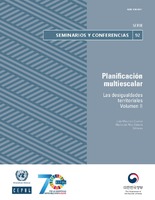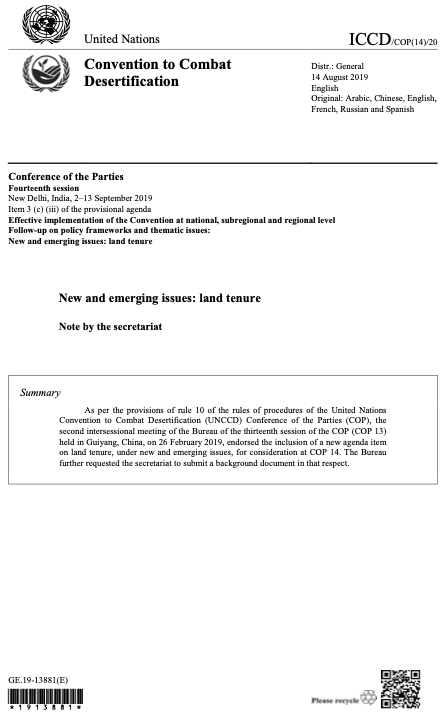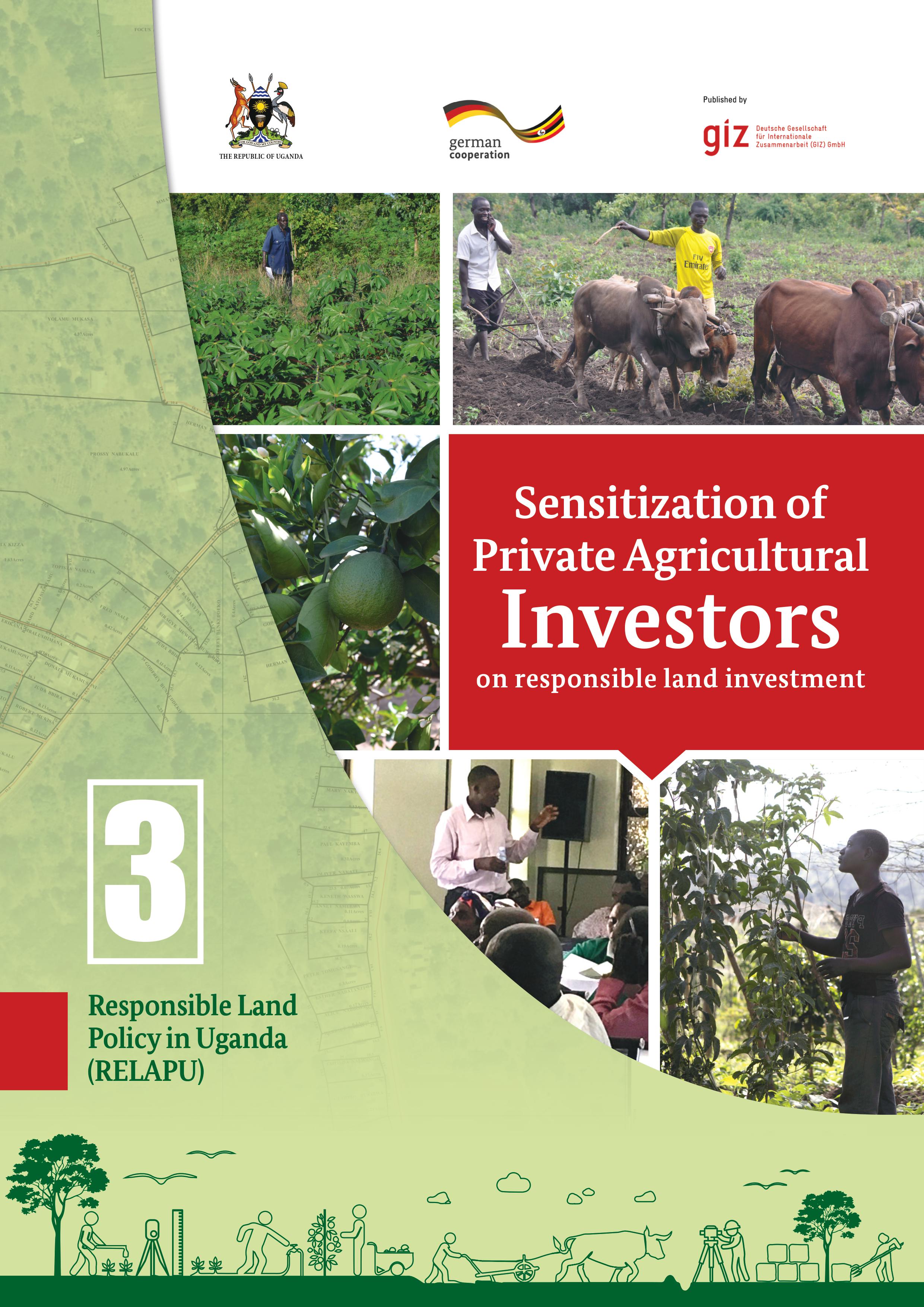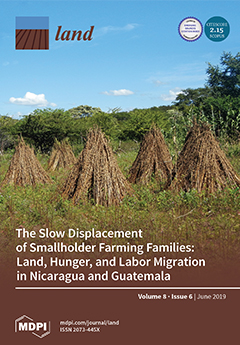Asentamientos informales en América Latina: epicentro urbano de los desafíos del desarrollo sostenible
Recientemente se ha constituido una agenda urbana de desarrollo sostenible que tiene como fundamentos los diagnósticos y compromisos asumidos en diversos acuerdos internacionales que han tenido lugar en los últimos años. Entre estos resaltan la Agenda 2030, la Nueva Agenda Urbana Mundial y el Acuerdo de París.










